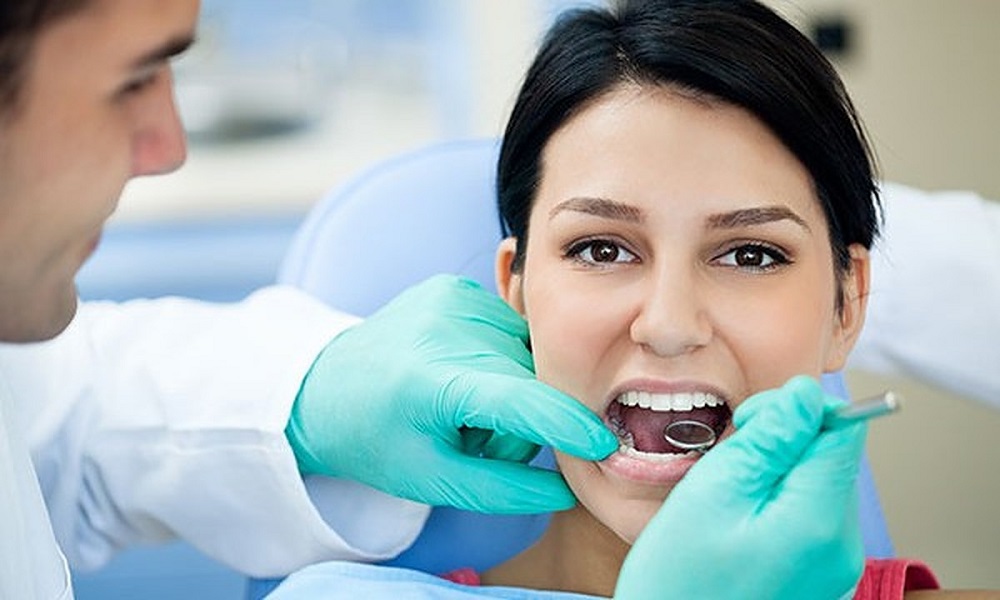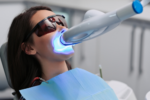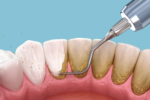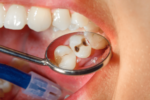It’s finally here – that summer vacation that you’ve been planning for months. A getaway to a new destination or familiar place to relax and de-stress. But somewhere between the excitement of vacation, the chaos of packing and the anticipation of a relaxing break, you may have forgotten to prepare for possible dental issues while abroad.
Whether you are traveling domestically or overseas, accidents and emergencies happen. It is important to research qualified professionals you may be able to visit or medical resources available to you in the event of an emergency and consider taking some preventative measures to avoid emergency dental care.
The Three-Step Travel Checklist for Dental Care
Prior to departure, there are a few things you can do to help prepare for your trip and minimize the risk for oral health issues and the need for emergency dental care:
- Research the destination you are traveling to so you know what potential options are in the event of an emergency.
- Don’t forget to pack your oral health essentials – toothbrushes (for some destinations, you may want to pack more than one), toothpaste, floss, orthodontic wax, denture adhesive and cleaning solution, and mouthwash. Your hotel may be able to provide you with some essentials if you forget or lose them, but it’s a good idea to bring your own just to be safe.
- Bring all insurance information as well as the contact for your primary dental provider.
Some other things you may want to think about before you travel:
- Did you know that changes in pressure on an airplane can aggravate tooth pain? Visit your dentist to address any persistent tooth pain to alleviate the pain and avoid any in-flight issues.
- Review your itinerary and consider any oral health issues that may arise as a result of your activities. Going skiing in the Rockies or mountain biking in South America? You may want to consider getting a mouthguard to protect your teeth and oral soft tissue (lips, cheeks, tongue).
While traveling, you can minimize risk of damaging your teeth by taking precautions. Avoid chewing ice, popcorn kernels, hard candy and other hard foods and snacks that have the potential to break or damage your teeth and do not use your teeth to cut tape and other materials. As always, you should practice good dental hygiene including brushing your teeth at least twice a day and flossing at least once a day. Using mouthwash will also help to clean your mouth.
In the Case of an Emergency…
Emergencies and accidents do happen, so let’s talk about some common dental issues and emergencies and steps you should take in the time before you can get access to emergency dental care.
Toothache
If you have a toothache, rinse your mouth with warm water. Gently use floss to clean between teeth – food and other debris lodged in between teeth can cause or aggravate a toothache. If pain persists, contact a dentist, otherwise, visit your dentist when you arrive home to ensure there are not continuing issues.
Broken, Cracked or Knocked Out Tooth
If you break or crack a tooth or a tooth is knocked out, you need emergency dental care – call a dentist or visit a hospital emergency room immediately. In the meantime, use a cold compress to control swelling. For fragments of a broken tooth or a knocked out tooth, it is important to not scrub or clean the tooth in order to keep all fragments in place. To help with transport, you should place the fragment or tooth back in the mouth if possible. For a knocked out tooth, try to place it in the hole where the tooth was dislodged. Alternatively, you can place the tooth in a cup of milk, but it is essential to get to the dentist as quickly as possible.
Lost Filling or Crown
For lost fillings, use a piece of sugarless gum or over-the-counter dental cement to temporarily fill the cavity. For a lost crown, try to slip the crown back over the tooth – using over-the-counter dental cement, toothpaste or denture adhesive will help temporarily secure the crown in place. In both cases, these are just temporary fixes and you should see a dentist as soon as you can.
Denture Damage
It is important to not adjust or repair your dentures on your own. Ill-fitting dentures can cause irritation and sores so try to find a dentist in the area who can perform any minor denture repairs. Visit your regular dentist when you return home to ensure that your dentures fit properly and do not need any additional repairs or adjustments.








